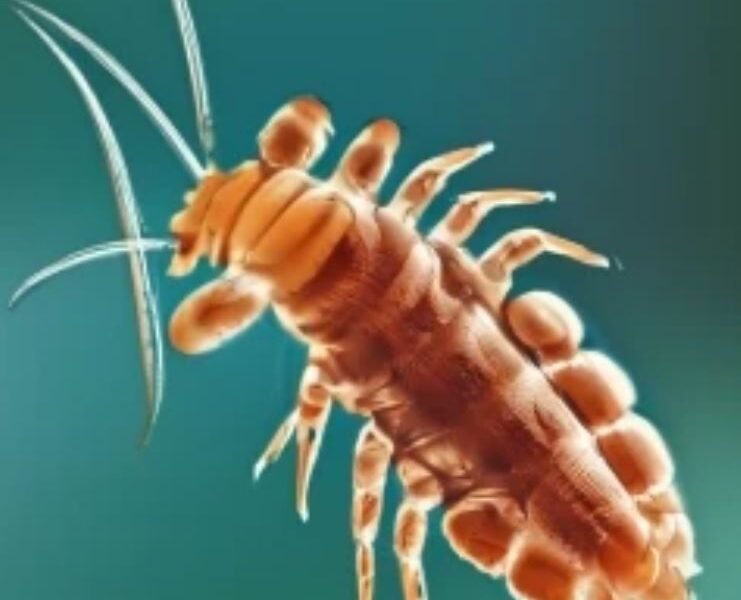Introduction: Body lice infestations, though less common than head lice or pubic lice, can cause discomfort, itching, and skin irritation for those affected. Body lice are tiny insects that live and feed on the human body, typically in clothing and bedding. Infestations often occur in crowded or unsanitary conditions, such as refugee camps or homeless shelters, but anyone can become infested with body lice under the right circumstances. In this comprehensive guide, we’ll explore various strategies and techniques for treating body lice infestations effectively, ensuring relief and comfort for those affected.
Understanding Body Lice: Body lice (Pediculus humanus humanus) are small, wingless insects that live primarily on clothing and bedding, coming onto the skin to feed on human blood. Unlike head lice, which are found primarily on the scalp, body lice infestations typically occur in clothing seams and folds, where they lay their eggs (nits) and feed on the skin. Body lice can transmit diseases such as trench fever, typhus, and relapsing fever, making prompt treatment essential for preventing complications.
- Personal Hygiene and Clothing Care: The first step in treating body lice is to practice good personal hygiene and clothing care habits. Regular bathing with soap and warm water can help remove body lice and their eggs from the skin. Wash all clothing, bedding, and personal items in hot water (at least 130°F or 54°C) and dry them on high heat for at least 20 minutes to kill lice and eggs. Seal infested clothing and bedding in a plastic bag for at least 72 hours to suffocate any remaining lice and prevent reinfestation.
- Topical Treatments: Topical treatments are often used to kill body lice and relieve itching and irritation associated with infestations. Over-the-counter (OTC) medicated lotions or shampoos containing permethrin or pyrethrins are commonly used to treat body lice infestations. Follow the manufacturer’s instructions carefully when applying these products, and be sure to treat all affected areas of the body, including clothing and bedding. Repeat treatment as necessary to ensure complete eradication of lice and eggs.
- Prescription Medications: In cases of severe or persistent body lice infestations, prescription medications may be necessary to achieve complete eradication. Oral medications such as ivermectin or benzyl benzoate may be prescribed by a healthcare provider to kill body lice and eggs systemically. These medications are typically reserved for cases that do not respond to OTC treatments or for individuals with compromised immune systems or other underlying health conditions.
- Environmental Control: In addition to treating the affected individual, it’s essential to address the environment to prevent reinfestation and spread of body lice. Thoroughly clean and vacuum living areas, including furniture, carpets, and rugs, to remove any lice or eggs that may have fallen off infested individuals. Seal infested clothing and bedding in plastic bags and wash them in hot water and dry them on high heat to kill any remaining lice and eggs. Consider treating non-washable items with insecticidal sprays or powders labeled for use on fabrics.
- Personal and Household Disinfection: Disinfection of personal and household items is crucial for preventing the spread of body lice to others. Encourage infested individuals to avoid close contact with others until the infestation has been treated and resolved. Disinfect combs, brushes, and hair accessories by soaking them in hot water or rubbing alcohol for at least 10 minutes. Vacuum floors, furniture, and bedding regularly to remove any lice or eggs that may have fallen off infested individuals.
Conclusion: Body lice infestations can cause discomfort and embarrassment for those affected, but with prompt and effective treatment, they can be eradicated successfully. By practicing good personal hygiene and clothing care habits, using topical and prescription medications as directed, controlling environmental factors, and disinfecting personal and household items, you can effectively treat body lice infestations and prevent their spread to others. If home treatments are ineffective or if you have concerns about the severity of the infestation, consult a healthcare provider for further evaluation and treatment recommendations. With proper care and diligence, you can overcome body lice infestations and restore comfort and peace of mind for yourself and your family.




